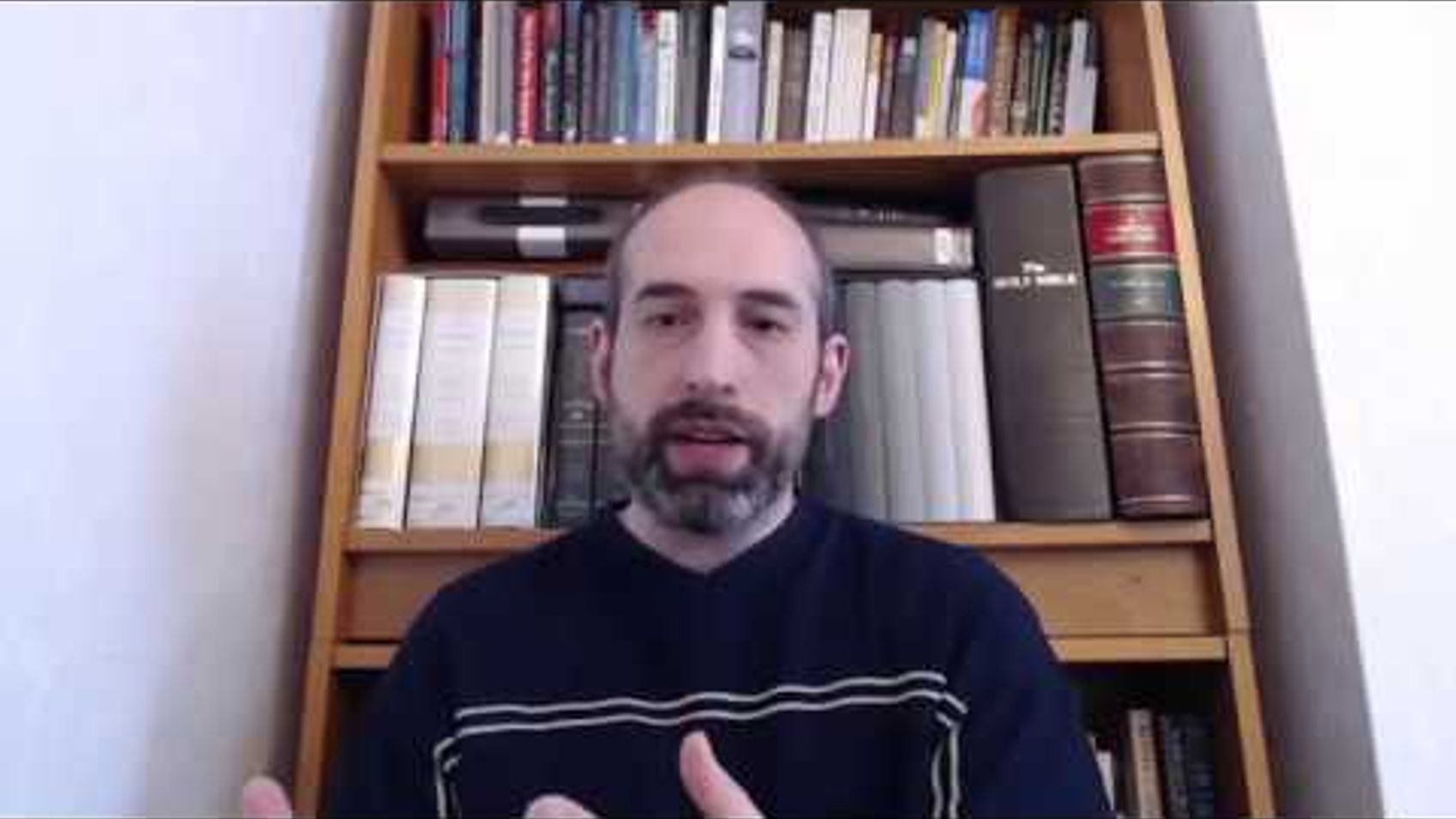
Why Does The Modern World Care So Much About Equality (and what does Scripture say about it)?
Alastair RobertsWhy Does The Modern World Care So Much About Equality (and what does Scripture say about it)?

Today's question: "Why is equality such an important ideal (given good) in modern society? What are some underlying causes and how does the gospel shed light on this desire?"
You can read the Joyce Benenson article I discuss on female intrasexual competition here: https://royalsocietypublishing.org/doi/full/10.1098/rstb.2013.0079. I've also commented on the strangeness of the modern mind here: https://alastairadversaria.com/2017/12/07/the-strangeness-of-the-modern-mind/.
My blog for my podcasts and videos is found here: https://adversariapodcast.com/.
If you have any questions, you can leave them on my Curious Cat account: https://curiouscat.me/zugzwanged.
If you have enjoyed these talks, please tell your friends and consider supporting me on Patreon: https://www.patreon.com/zugzwanged. You can also support me using my PayPal account: https://bit.ly/2RLaUcB.
The audio of all of my videos is available on my Soundcloud account: https://soundcloud.com/alastairadversaria. You can also listen to the audio of these episodes on iTunes: https://itunes.apple.com/gb/podcast/alastairs-adversaria/id1416351035?mt=2.
More From Alastair Roberts






More on OpenTheo














